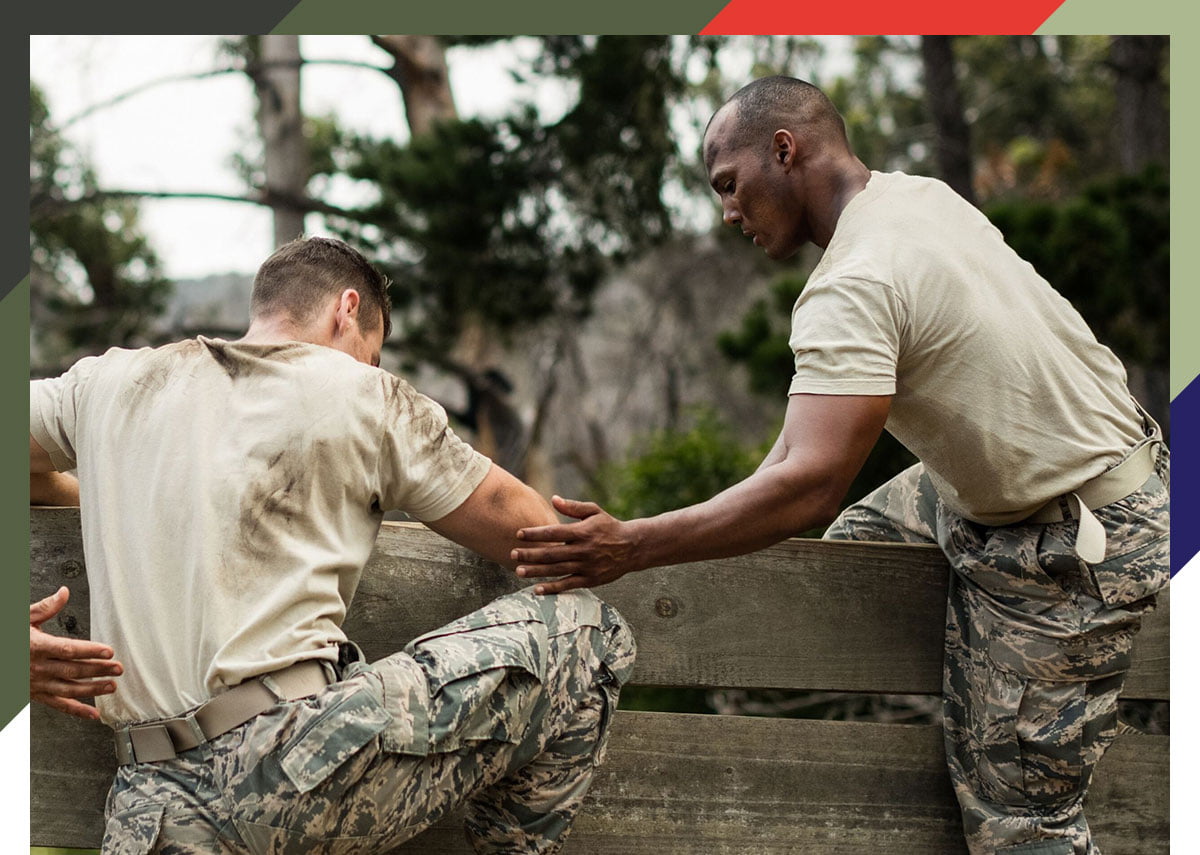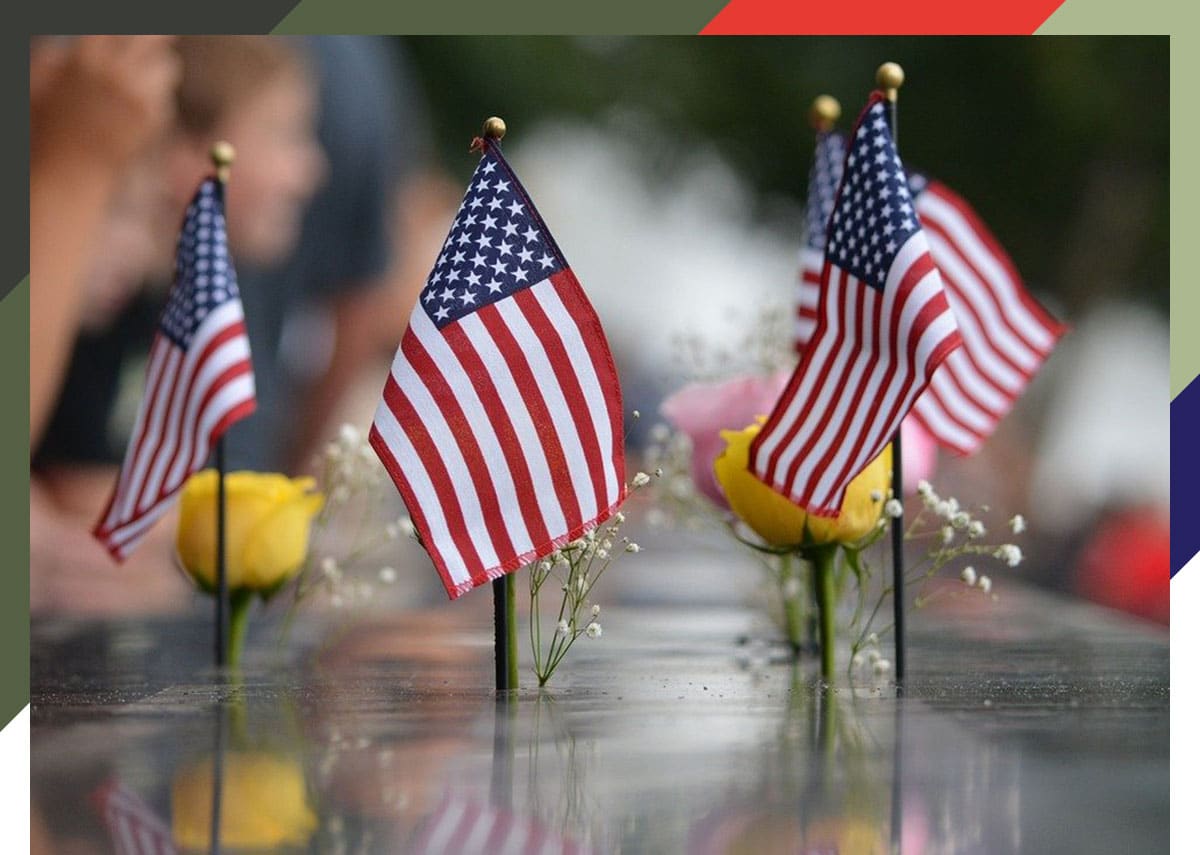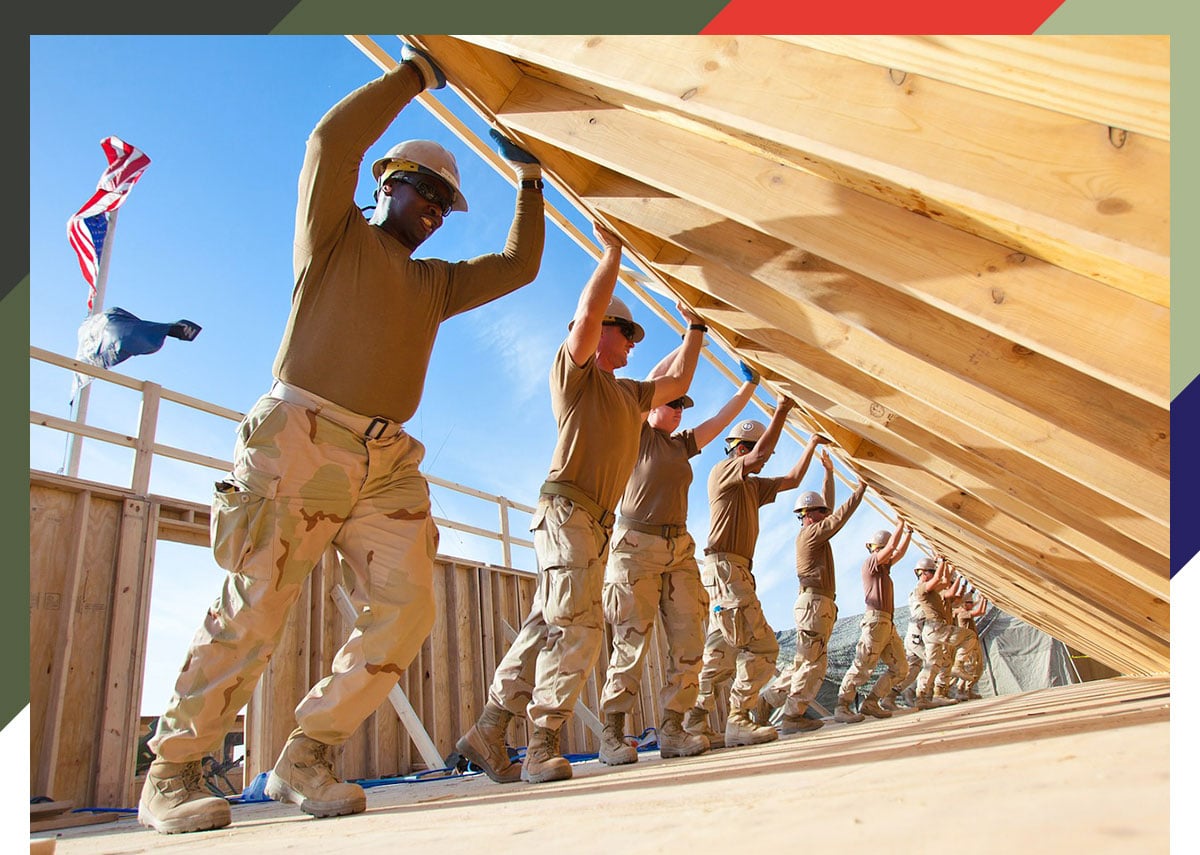The Holidays Are Over
There are no more gifts left to buy. No more New Year’s Eve parties to plan. No more pretending you know the words to Auld Lang Syne (or pretending that you were aware the song they play on the New year is called Auld Lang Syne). Trees are being taken down. Traveling loved ones are returning home. Life is returning to normal.
A Soldier’s Normal
Some experiences are universal. That subdued dread about returning to a normal work schedule, for example. But when you’re a service member, that return to work is a whole lot harder than usual. Soldier’s days are usually longer, for example. Morning formation is around 6:30 am and soldiers are expected to be shaved, in uniform, and there at least 15 minutes early. If you’re on time, you’re late.
Hairy Times
Virtually every veteran you know will have a beard, especially if they did not do a full career in the military. After twenty-plus years of daily shaving, soldiers are more likely to stay in the habit. Soldiers who only do one term, however, are less likely to be in that habit. If you joined at 18 years old, you might not even need to shave every day at first. This means that most soldiers will return from leave with a certain amount of scruff. This means the first step for every male soldier returning from leave will almost certainly have to be shaving.
Holiday Food
Be honest: How much weight do you gain over the holidays? Studies show that the assertion that people gain five pounds over the holidays is flat wrong. That’s good. They also show that about 2/3rds of annual weight gain that is not lost occurs over the holidays. That’s bad. Service members don’t have a choice about shedding the holiday pounds. The military comes with strict physical fitness requirements. That means that the first few weeks of physical training (PT) after the holidays is by far the most grueling for a soldier. That is when they absolutely must get back into shape.
That First Morning
Picture this: after two weeks of being allowed to sleep in, and not having to shave unless you wanted to, you have to wake up at 6:00 am. Depending on if you had the time or foresight to shave last night, you may have to wake up earlier to make sure you’re in regulation. You head to your first formation. It’s January, and it’s freezing, but military training and discipline means you have to stand there until your First Sergeant dismisses you to conduct PT. You have to start working out on cold muscles that have been used almost exclusively for eating and drinking all December. Because the military is the way it is, you’ll likely be working out outside, and having to deal with being uncomfortably hot and uncomfortably cold at once. And all of that is just the precursor to returning to your full-time job, where you will consider yourself lucky to be released from duty before 6:00 pm.
Taking Care Of Our Heroes
Probably the worst of all is the homesickness. During the holidays, it’s real easy to feel close to the people at home. After returning, not so much. Right now is the time when our heroes need support from home more than ever. A Men’s R&R Gift Box will help them make the transition and speed up their shaving as they fight to stay in regulation. For women in uniform, the Women’s Relaxation Box will help them combat the dry skin and itchiness that comes with the winter season. Right now, our men and women in the service need our attention more than ever. The transition back to work after the holidays is a rough and lonely time.



